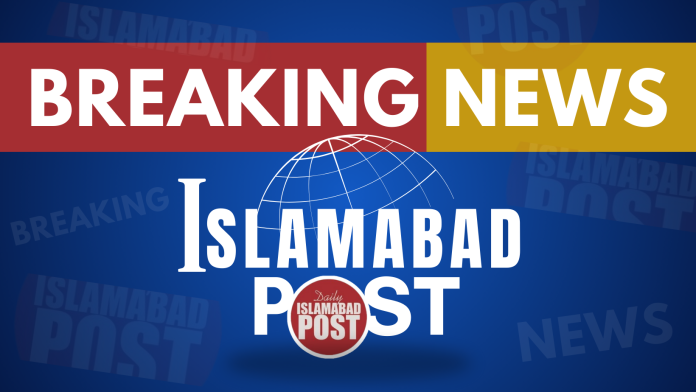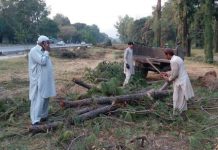TASHKENT/ISLAMABAD, JUL 28 /DNA/ – Afghanistan’s stability is a regional imperative that demands a coordinated, principled, and inclusive response. At a multistakeholder dialogue hosted by the Center for Research and Security Studies (CRSS), Islamabad in collaboration with the Institute for Advanced International Studies (IAIS), Tashkent, on July 23–24, 2025, participants emphasized that peace and economic recovery in Afghanistan must not be treated as charity or a political burden, but as a shared moral and strategic responsibility. They underscored that regional stability hinges on inclusive education, collective security, and cross-border cooperation rooted in mutual interest, not exceptionalism.
The two-day dialogue held in Tashkent, “Building Bridges: Regional Dialogue for Peace and Development”, brought together scholars and policy experts from Pakistan, Uzbekistan, Afghanistan, and Egypt. Discussions focused on inclusive education, addressing the misinterpretation of religion, and developing practical frameworks for sustained regional cooperation rooted in mutual benefit and long-term peacebuilding.
Participants emphasized the need for greater regional synergy to promote trade, inclusive economic development, and coordinated responses to shared challenges such as refugee displacement, drug trafficking, and terrorism.
They unanimously reaffirmed that education is both a sacred Islamic right and a regional necessity, especially in the light of the ban on girls’ education in Afghanistan.
“Women’s education is an absolutely essential element for socio-economic development. Universities must serve not just as centres of knowledge, but as bridges between communities and countries, and scholars hold the sacred responsibility of opening minds and gatekeeping societies against negative influence”, said Dr. Qibla Ayaz, former Chairperson of Pakistan’s Council of Islamic Ideology.
Speakers also warned that the instrumentalization of religion by non-state actors continues to erode state legitimacy and fracture regional cohesion. Participants called for closer cooperation among Islamic scholars and institutions to challenge the misuse of religious authority and to reaffirm shared values of pluralism, justice, and peaceful coexistence.
“Scholars have a vital responsibility to champion narratives that promote peace, rule of law, and inclusivity. Reclaiming the space for inclusive education and resisting exclusionary ideologies is not only a moral obligation, it is essential to the region’s collective future”, noted Imtiaz Gul, Executive Director of CRSS.
The participants emphasized regional economic cooperation as a peacebuilding tool, and highlighted the potential of transit corridors, trade zones, and visa-free regimes. “Visa-free economic zones, such as the one in Termez, can help not only in boosting cross-border trade, but also in assisting the Afghan people,” said Hamza Boltaev, Senior Research Fellow at IAIS.
The scholars also commended the momentum in government-to-government (G2G) engagement between Pakistan, Afghanistan, and Uzbekistan, calling it a long-overdue shift toward structured dialogue, and acknowledged CRSS’s sustained advocacy for trilateral coordination,noting that recent developments suggest such frameworks are finally gaining meaningful traction.
The dialogue concluded with a proposal to establish a regional knowledge and action network; bringing together scholars and civil society actors to monitor rights violations, co-develop faith-aligned educational content, and challenge exclusionary ideologies across academic, digital, and community platforms.

















